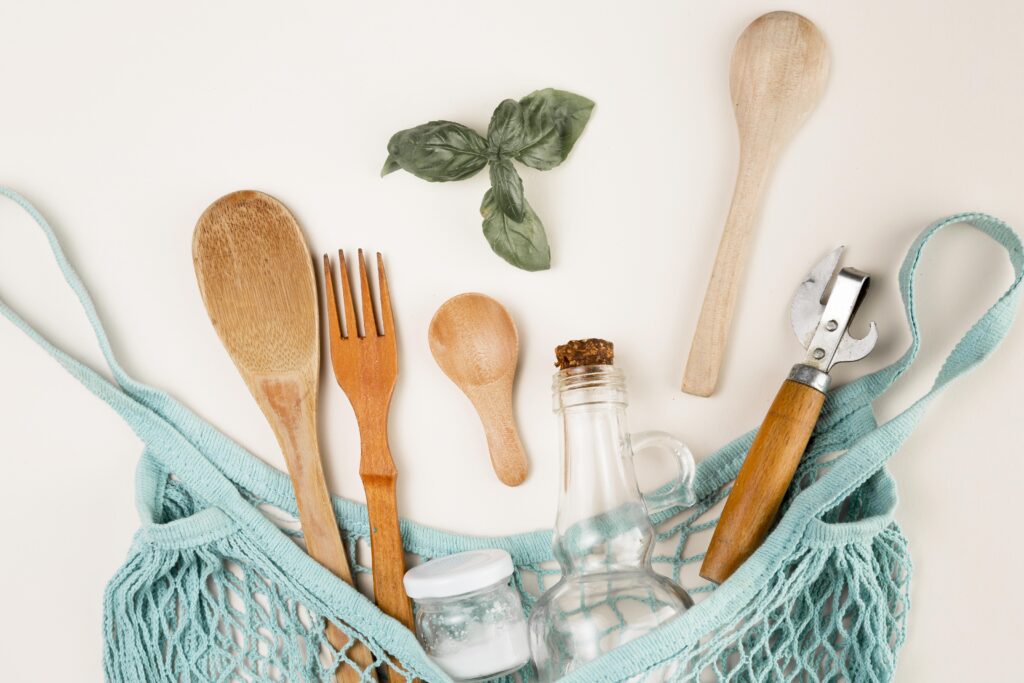
The accumulation of plastic waste has become a global concern in recent decades. According to UNEP, the world produces about 400 million tonnes of plastic waste every year. When not disposed of properly, that waste ends up in our oceans, harming marine life and contaminating our food chain. Furthermore, plastic pollution has adverse effects on the quality of land and air as plastic waste takes years to decompose, releasing toxic chemicals. Global research has shown that without concrete actions, twice as much virgin plastic will be created and three times more plastic could flow into our oceans by 2040.
Why is Plastic Bad?
Plastic is everywhere. It has become an integral part of our daily lives and it is nearly impossible to eliminate all of it. However, it is crucial to acknowledge that not all plastics are bad. Sometimes plastic items are genuinely essential, and no one should feel guilty about using them. What poses a severe threat to the environment and health risks to both humans and wildlife are single-use plastics, such as bags, bottles, straws, and packaging.
Since plastic pollution is a global issue that transcends borders, it will take collective effort among corporations, governments, and consumers to move forward in the fight against it.
At a personal level, we can find several ways to help reduce the amount of plastic we bring into our homes and outside of our homes, and these 10 tips for living with less plastic are a great starting point.
The Full List Of Ideas or Tips for Living with Less Plastic
- Avoid Non-Essential Plastic
- Switch to Reusable Tote Bags
- Embrace Reusable Containers
- Carry Reusable Water Bottles
- Avoid Plastic Straws
- Use Homemade Cleaners
- Buy in Bulk
- Choose Products with Minimal Packaging
- Compost Food Waste
- Join Clean-Up Campaigns
1. Avoid Non-Essential Plastic
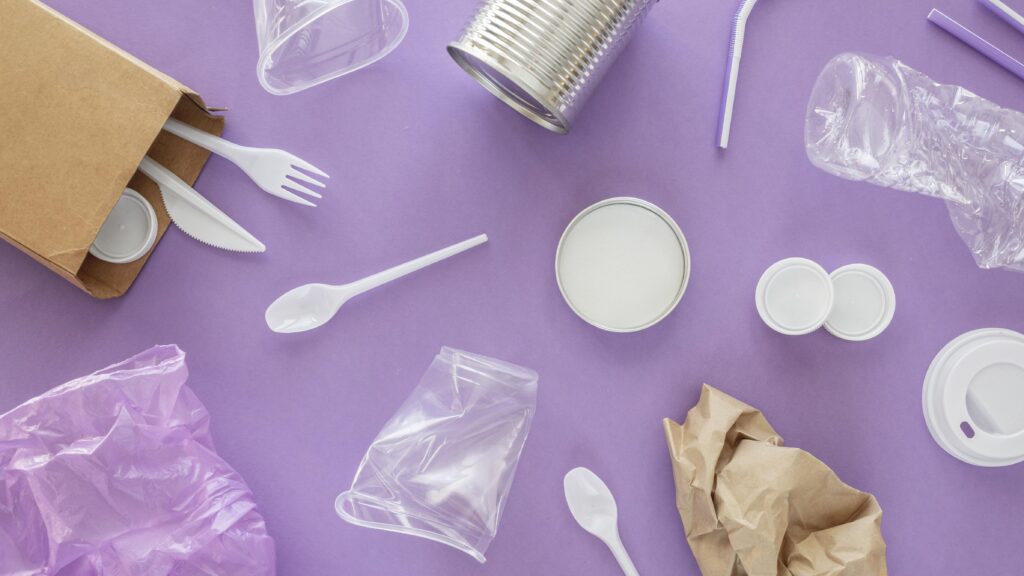
The easiest way to get started is to cut out non-essential plastics where possible. Single-use plastic items, such as polythenes, disposable cutlery, plates, and cups, contribute to the world’s growing plastic waste problem. If you can replace single-use plastics with long-term, sustainable alternatives then substitute and use them many times over a significant period.
2. Switch to Reusable Tote Bags
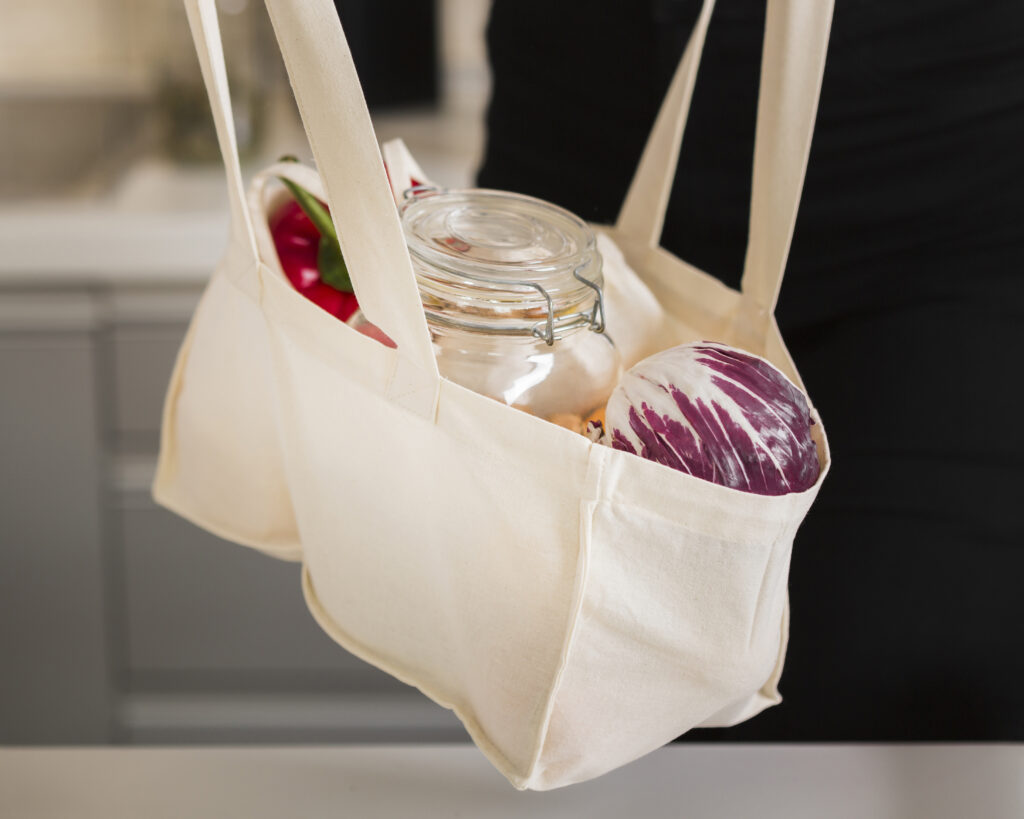
Tote bags, typically made from cotton, canvas, or recycled fabrics are the perfect solution to single-use plastic bags. They are designed to be sturdy and durable, capable of carrying a significant amount of weight. They can be used repeatedly, reducing the overall demand for disposable plastics. They fold easily and occupy less space in your handbag or backpack, making them convenient for everyday use. While there may be an initial investment in purchasing tote bags, their reusable nature makes them a cost-effective choice in the long run.
3. Embrace Reusable Containers
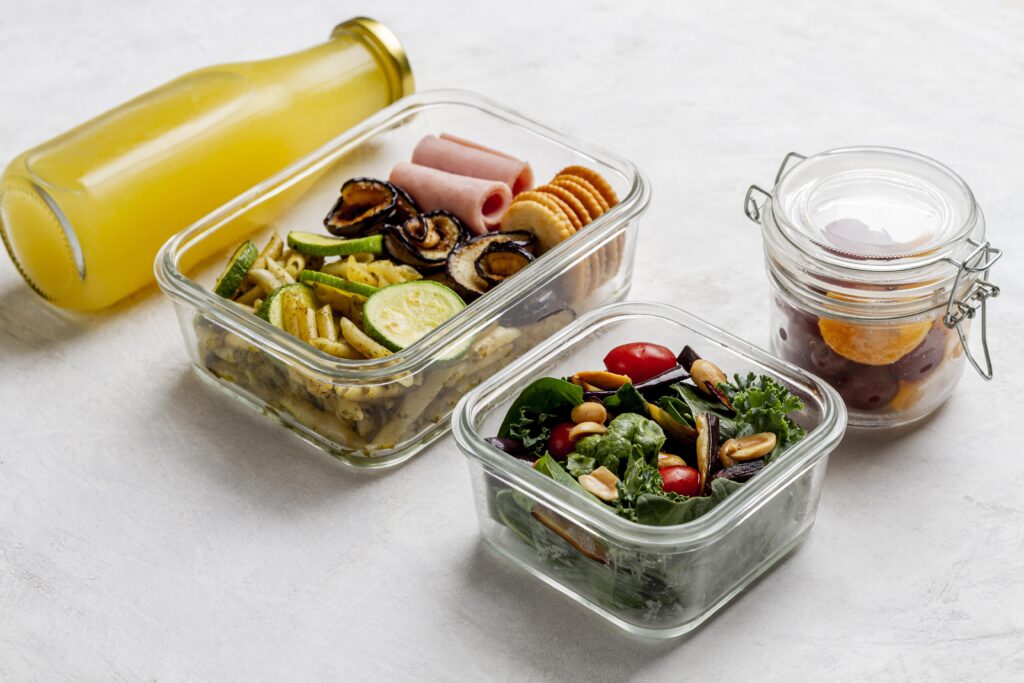
Packing and storing food in eco-friendly containers such as stainless steel, glass, and bamboo offers a range of benefits, promoting both sustainability and personal well-being. Reusable containers significantly reduce the demand for plastic packaging and even reduce food waste. Since these containers are made from non-reactive materials, they preserve the freshness and quality of food for quite some time. You can even bring your reusable containers to restaurants for take-out or pack leftovers, thereby eliminating the need for plastic packaging.
4. Carry Reusable Water Bottles
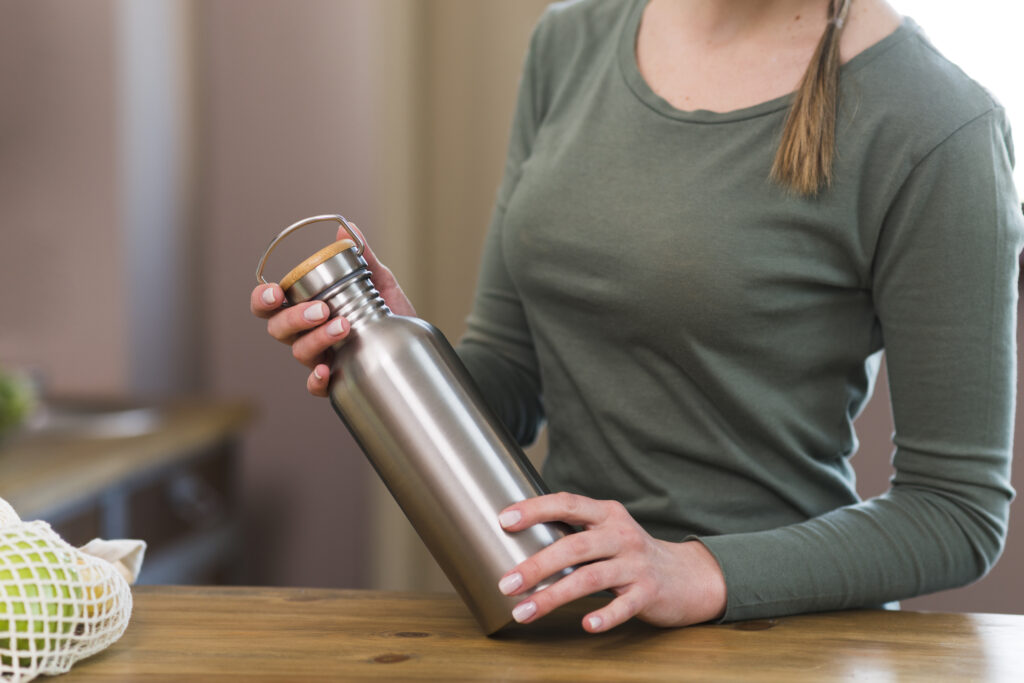
Bottled water is expensive and creates unnecessary plastic waste that’s usually not recycled. Also, many of these brands sell filtered tap water which may not be safe for drinking.
So, it’s always best to carry with you a reusable water bottle made from stainless steel, glass, or durable plastic. Fill it up before leaving the house and refill it whenever and wherever necessary. Some of these bottles come with features for temperature control, such as double-walled insulation that allows to keep beverages hot or cold for an extended period.
5. Avoid Plastic Straws
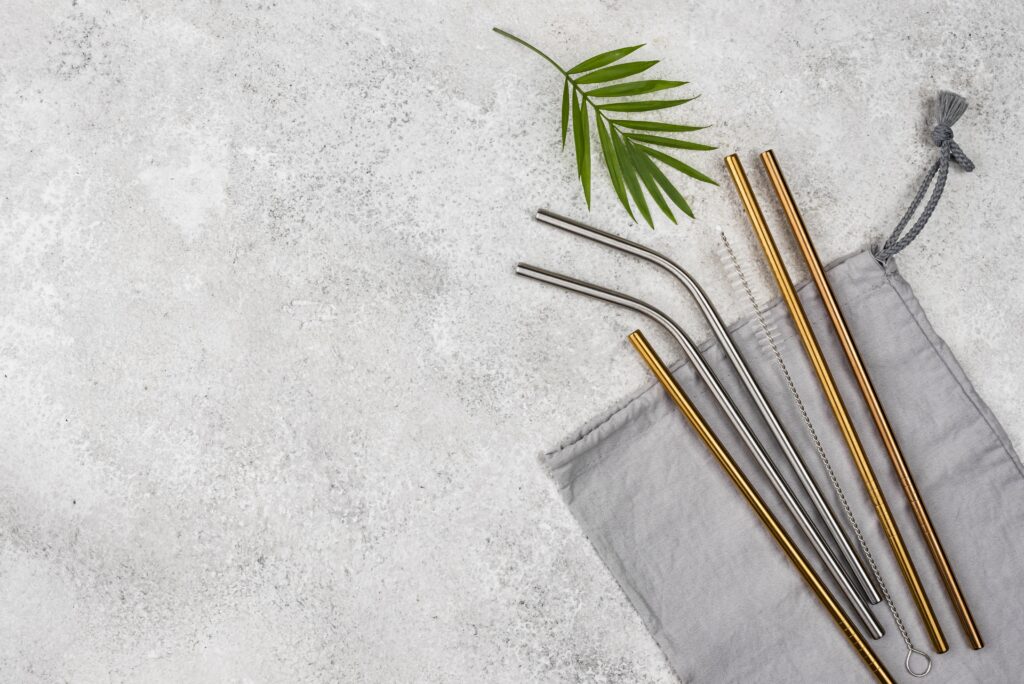
Saying NO to plastic straws is a small yet impactful action. If required, opt for reusable straws made with stainless steel, bamboo, or glass.
The uses of eco-friendly straws extend beyond providing a simple drinking tool. They are biodegradable or compostable, meaning they can break down naturally without leaving harmful residues and reducing the risk of ingestion by marine animals. They last longer and are very easy to clean with a tiny straw brush.
6. Use Homemade Cleaners
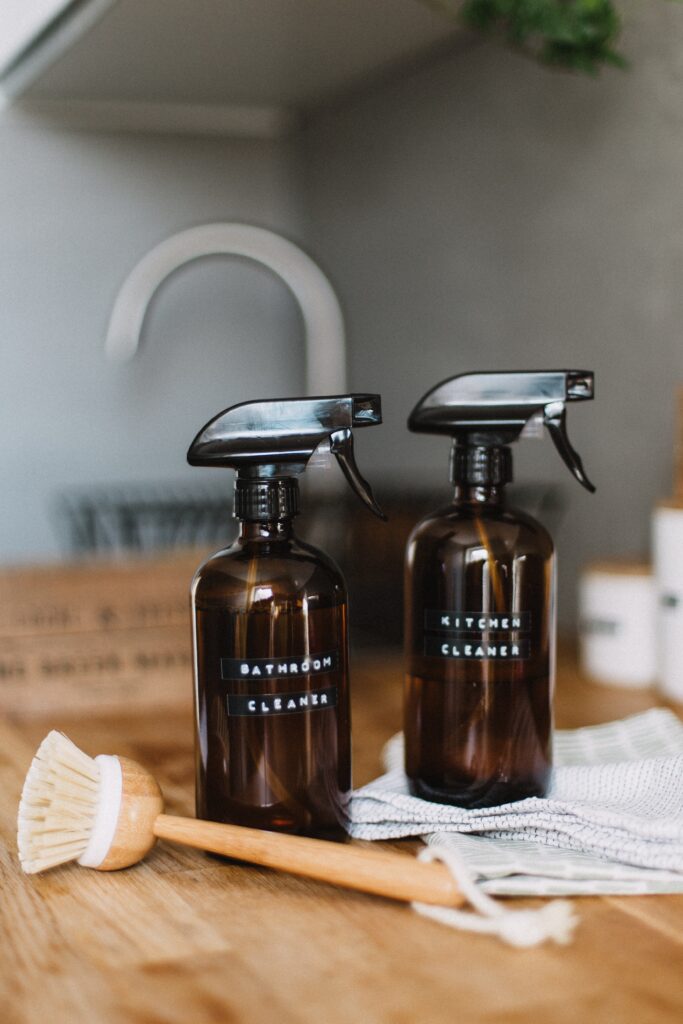
Many commercial cleaning products come in plastic packaging and contain harsh chemicals that can be harmful to our health. Homemade cleaning products are less expensive and are just as effective as conventional cleaning solutions. Additionally, they are much gentler on our bodies and the environment.
I make a basic kitchen countertop spray cleaner with a mixture of dishwashing liquid (2 tsp), water (reusable spray bottle almost full), and essential oil (a few drops of tea tree or peppermint oil). You can easily make amazing cleaners for various purposes and enjoy a healthier home environment.
7. Buy in Bulk
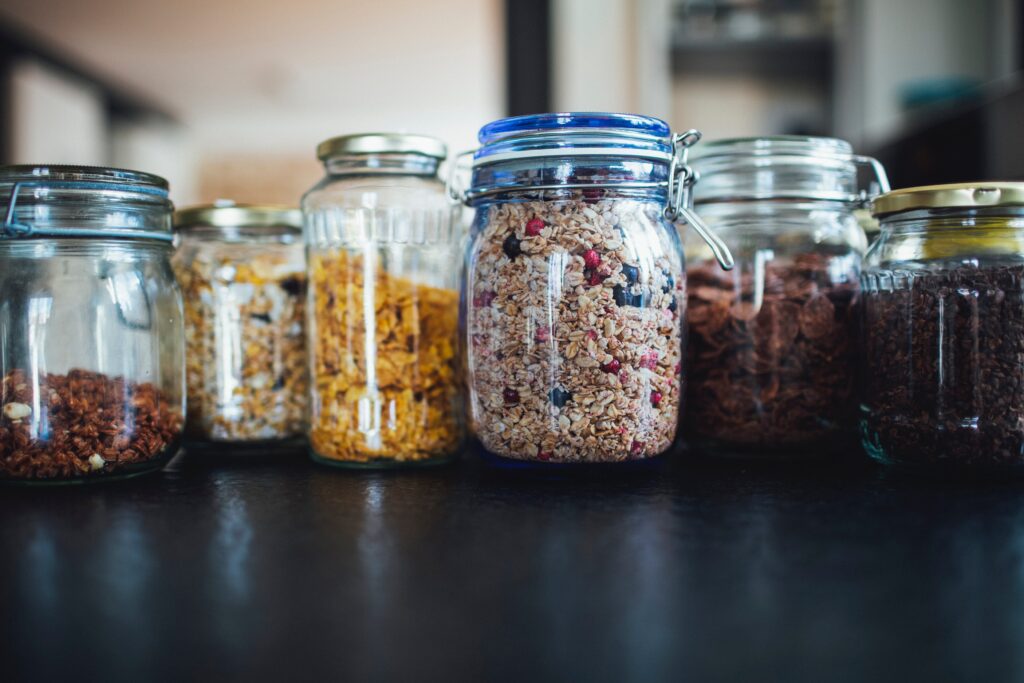
Buying in bulk helps reduce the overall amount of packaging waste generated. This is particularly advantageous for non-perishable items with a long shelf life. It also saves time, energy, and frequent trips to the store.
In your home, consider how many things you tend to buy often that come with plastic packaging. Select bigger packs of products instead of buying several smaller ones over time.
8. Choose Products with Minimal Packaging

Many products come in excessive or unnecessary packaging. To reduce your plastic use, whenever possible choose products with minimal packaging or those packaged in recycled, reusable, or compostable materials. You can also look for products that use alternative packaging materials, such as paper, glass, or aluminum.
By making informed choices, you encourage businesses to adopt more eco-friendly and sustainable packaging practices.
9. Compost Food Waste
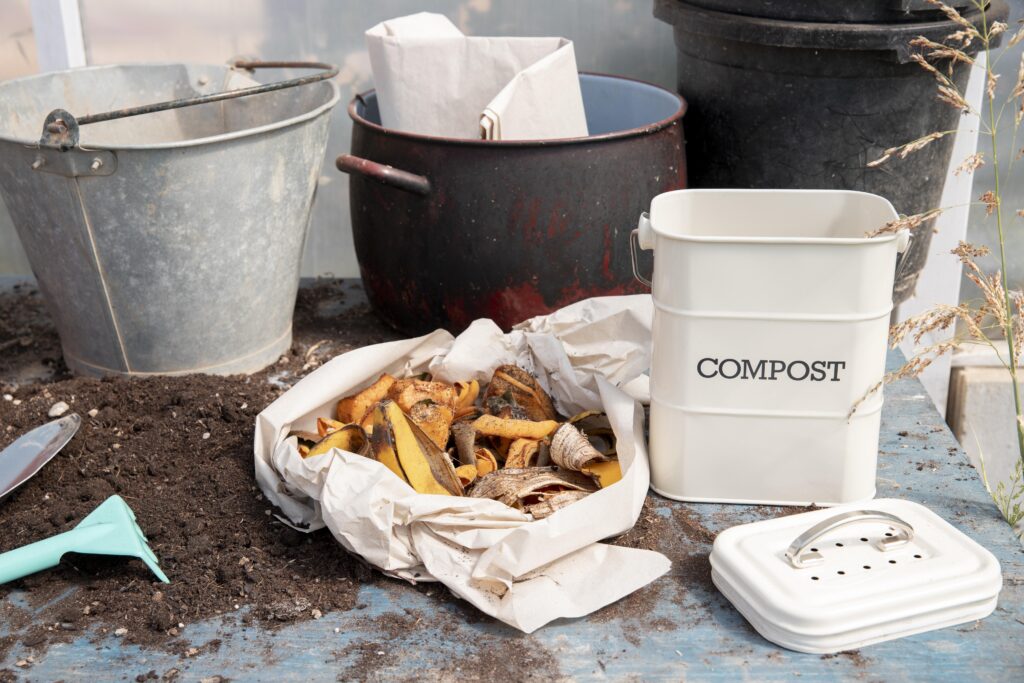
By composting food waste, you not only decrease the need for plastic trash bags but also contribute to nutrient-rich soil for gardening. Composting food waste scraps creates a byproduct called compost that can serve as a natural and sustainable alternative to chemical fertilizers, help grow the next generation of crops, and improve water quality.
10. Join Cleanup Campaigns
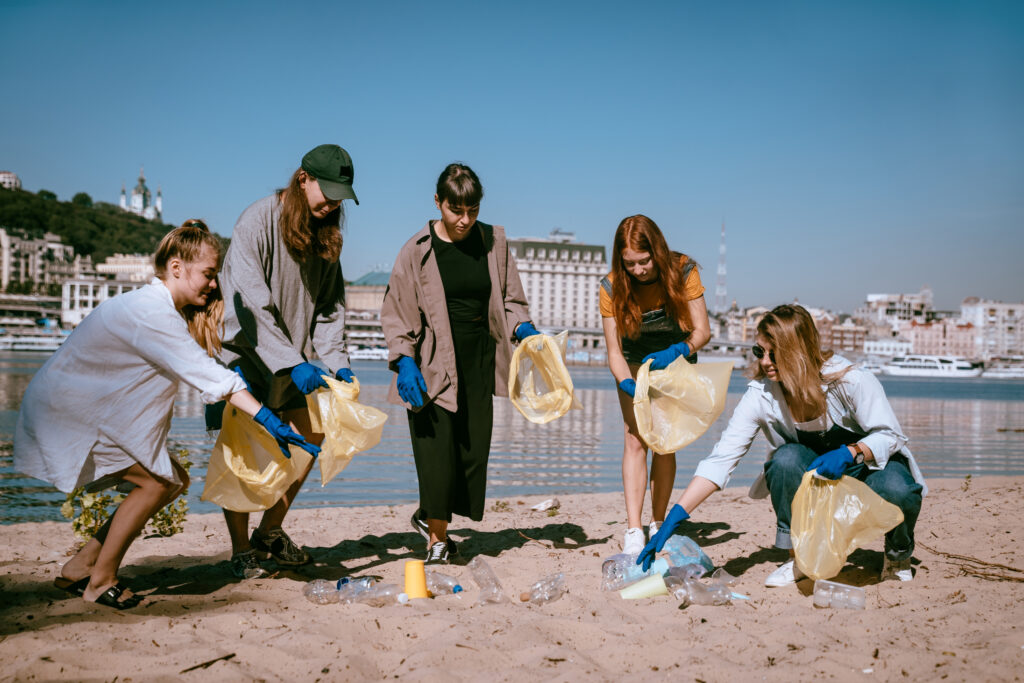
Participating in beach cleanups or local community cleanup drives allows individuals to take direct action and demonstrate personal responsibility for the well-being of the environment. While it may seem like a small-scale activity, the collective impact of cleanups fosters a sense of community engagement and serves as a powerful educational tool, raising awareness about the impact of plastic waste on the environment.
Final Thoughts
The more we learn the more we understand how important it is to be careful and conscious of the world and the space we live in. If you can cut your plastic consumption in half, or even better, that’s a start. As every little bit counts, the journey towards a home with less plastic becomes a powerful force for positive change.
I hope this post was able to give insight into how easy it is to start using less plastic. Please comment below if you have any tips you would like to share.
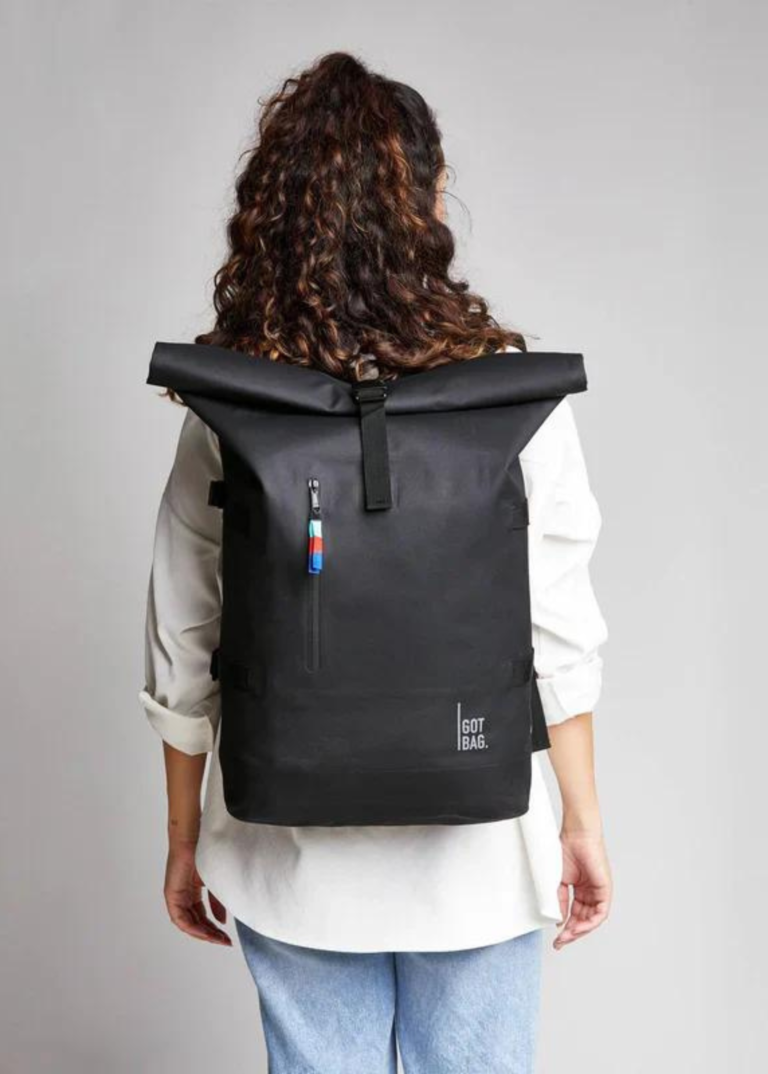

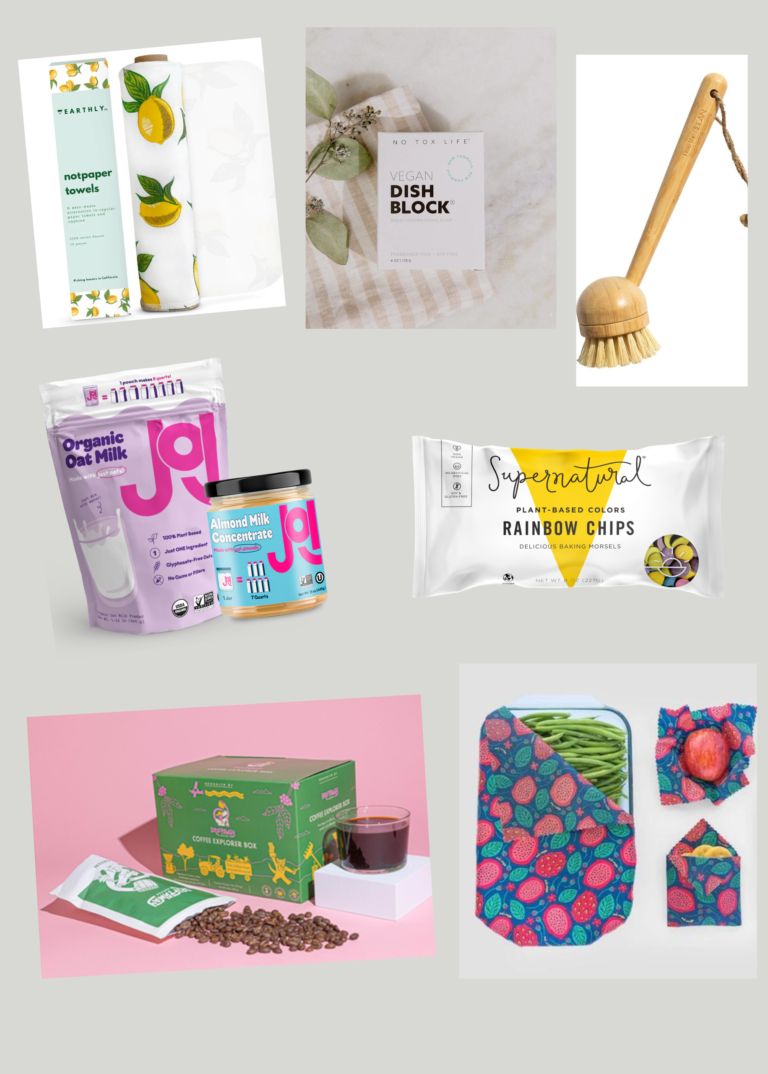


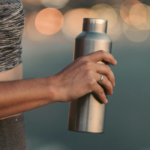

Keep up the amazing work!
Thank you.